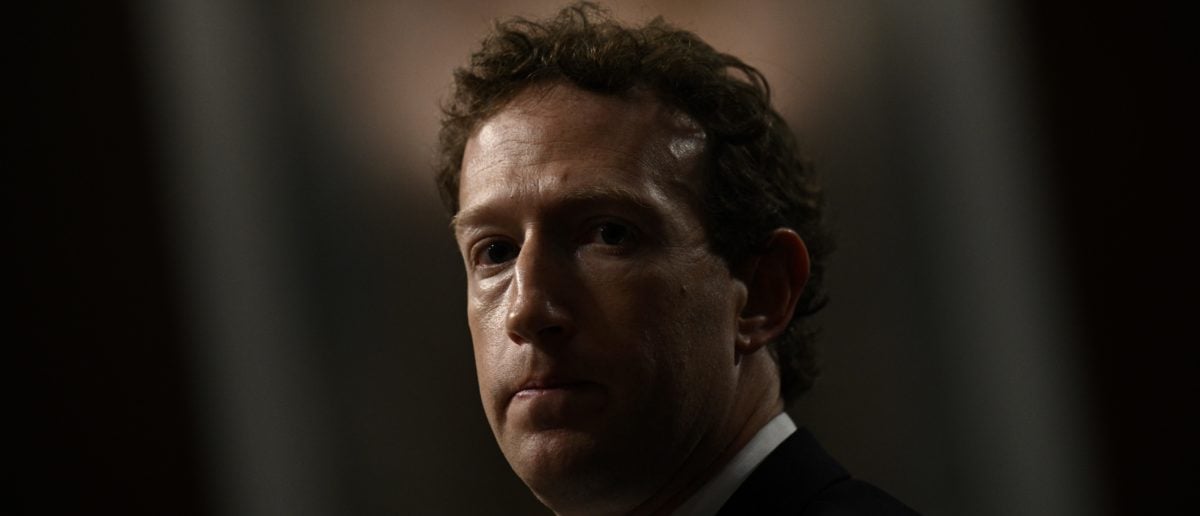faces a challenging endeavor in defending Meta’s past actions. His statements during the proceedings have been scrutinized for revealing underlying motives behind the acquisitions that the FTC claims were designed to neutralize potential threats. The trial’s outcome could set a precedent for how similar cases are handled in the future.
The strategic acquisition of Instagram and WhatsApp by Meta represents a critical focus of the FTC’s legal argument. Both platforms were seen as budding competitors when they were acquired, and their integration into Meta’s ecosystem is positioned as an attempt to consolidate market power. The FTC’s case leans heavily on demonstrating that these moves were part of a broader strategy to eliminate competition.
Judge Boasberg’s role is pivotal, as he will interpret the law and facts to determine if the FTC’s claims hold merit. His decision could significantly impact how tech giants operate and how future mergers and acquisitions are approached. The legal battle reflects broader tensions between government regulators and Silicon Valley’s leading firms.
Meta’s defense strategy underscores the dynamic nature of the digital landscape, arguing that the market is more complex than the FTC suggests. They maintain that competition is fierce, with various platforms offering overlapping services that challenge Meta’s dominance. This argument seeks to dismantle the FTC’s portrayal of Meta as a monopolistic entity.
The tech industry’s rapid evolution complicates the case, as platforms continually adapt and expand their offerings. Meta contends that the FTC’s market definition is outdated and fails to capture the multifaceted interactions between different platforms. This perspective highlights the difficulty regulators face in keeping pace with technological advancements.
Meta’s legal team emphasizes that the acquisitions have benefited consumers by enhancing platform features and connectivity. They argue that Instagram and WhatsApp have thrived under Meta’s ownership, offering users improved services and greater integration. This narrative aims to counter the FTC’s claims of reduced competition and innovation.
The trial also examines the role of consumer choice and how it influences market dynamics. Meta argues that users freely move between platforms, demonstrating that no single company holds complete control. This aspect of the defense seeks to downplay the notion of Meta’s overwhelming market power.
As the trial progresses, both sides present evidence to support their views on market competition and consumer impact. The FTC’s challenge is to convincingly show that Meta’s actions have harmed the digital ecosystem’s competitive landscape. Meanwhile, Meta focuses on illustrating a thriving, competitive market environment.
The legal proceedings have attracted significant attention, reflecting the public’s interest in how tech giants are regulated. The outcome could shape the future of antitrust enforcement in the tech industry, influencing how other companies approach growth and acquisition strategies. The stakes are high, with potential implications for the broader business community.
The case is part of a larger effort by regulators to scrutinize the practices of major tech companies. Similar antitrust actions have been taken against other industry leaders, highlighting a growing concern over market concentration and consumer choice. These efforts aim to ensure a level playing field for emerging competitors in the tech space.
The trial’s focus on Meta’s business practices offers a glimpse into the strategic decision-making of one of the world’s leading tech companies. Internal communications and testimonies provide insights into how Meta views competition and market opportunities. This transparency is a byproduct of the rigorous examination involved in legal proceedings.
For consumers, the trial raises questions about the balance between innovation and market control. The outcome could influence how digital services are delivered and how accessible new technologies become. These considerations are central to the broader debate over the role of government in regulating powerful tech firms.
The FTC’s pursuit of this case reflects a commitment to addressing what it perceives as anti-competitive behavior. The agency’s efforts to challenge Meta signal a willingness to confront complex legal and economic issues in the tech industry. This approach is part of a broader strategy to uphold competitive markets.
Meta’s response to the FTC’s allegations underscores its confidence in the legality and benefits of its acquisitions. The company remains steadfast in its assertion that its business practices foster innovation and enhance consumer experiences. This stance is critical to its defense against the antitrust claims.
The trial’s proceedings continue to unfold, with both sides presenting their arguments and evidence. The legal battle is a microcosm of larger debates over corporate power and market regulation. Observers watch closely as the case progresses, anticipating how it might reshape the tech industry’s landscape.
As the trial reaches its later stages, the focus remains on the core issues of competition and market definition. The outcome will hinge on how convincingly each side presents its case and the interpretation of antitrust laws. The verdict will be a significant milestone in the ongoing discourse surrounding Big Tech’s role in society.
The comprehensive examination of Meta’s business practices during the trial has illuminated the complexities of regulating digital markets. It highlights the challenges regulators face in keeping pace with rapid technological change and adapting legal frameworks accordingly. The case serves as a critical test of antitrust enforcement in the modern era.



